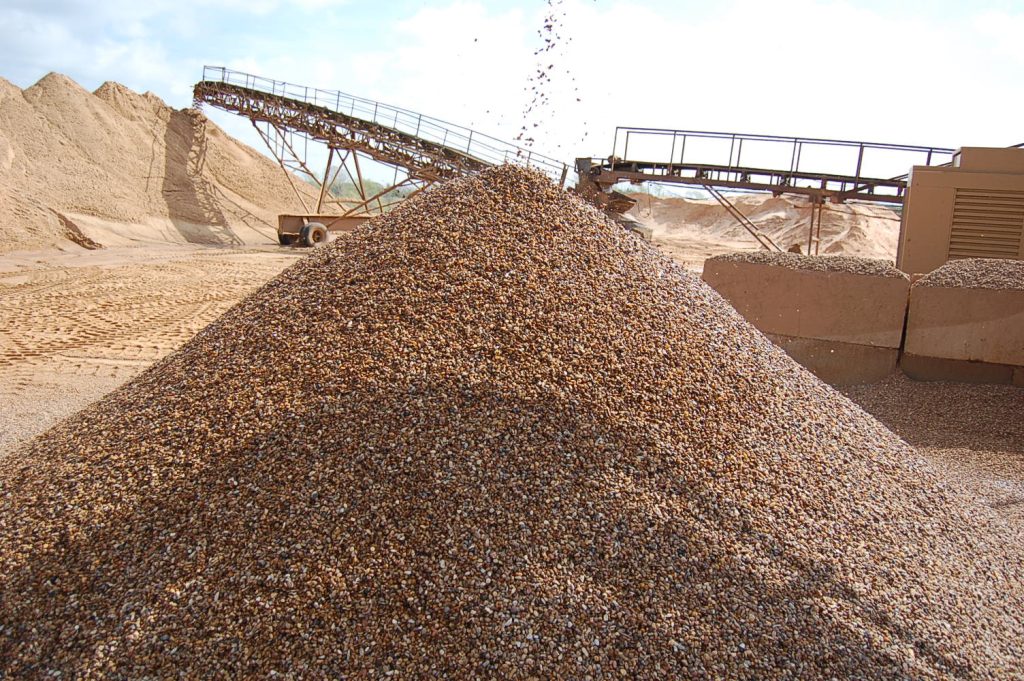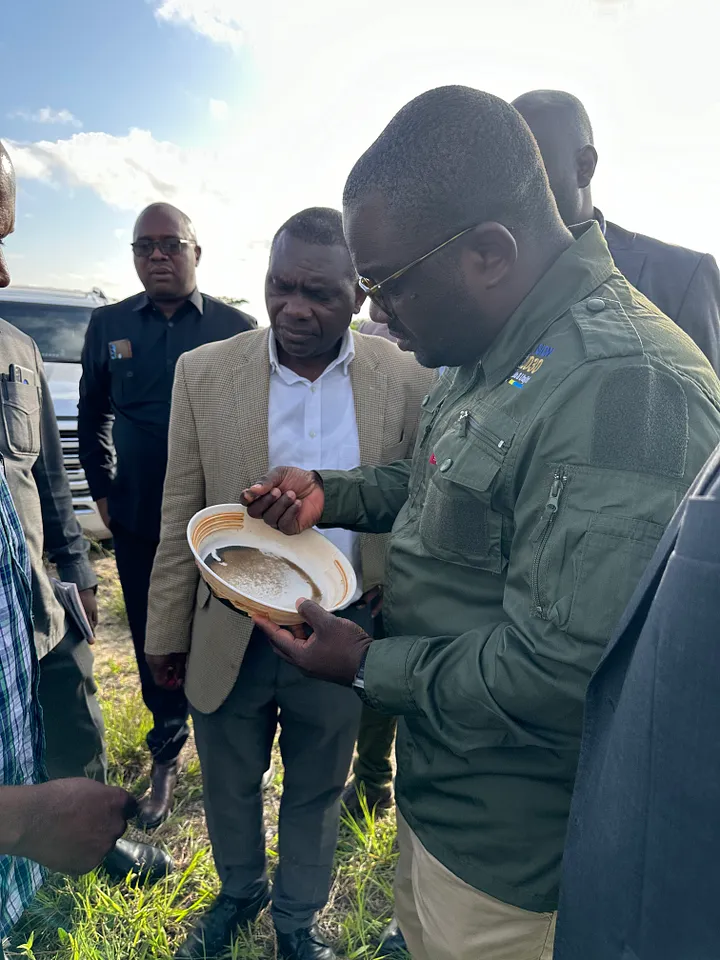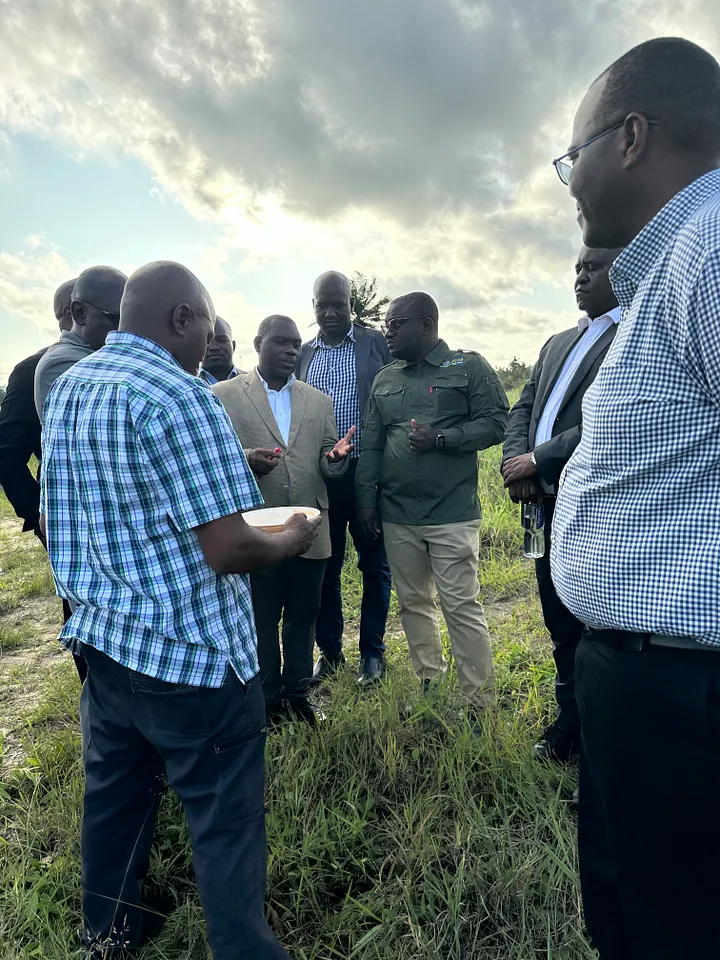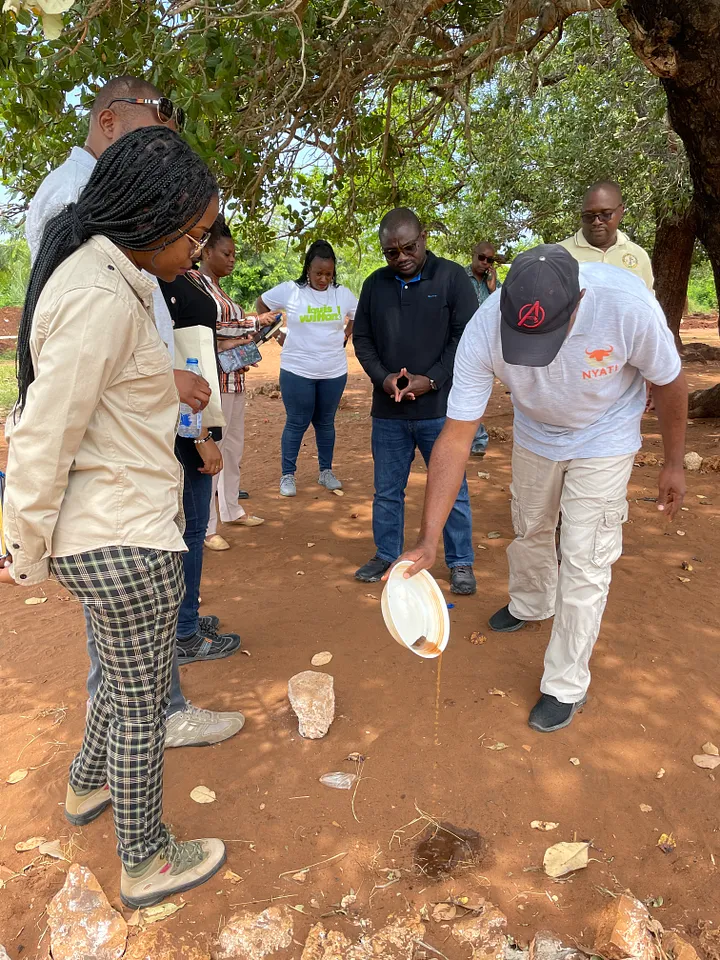This week, I embarked on a journey to explore two of Tanzania’s promising heavy mineral sand projects: Fungoni and Tajiri. These projects, nestled in Kigamboni, Dar es Salaam, and Pangani, Tanga, hold immense potential for unlocking the country’s rich mineral resources.
These projects, nestled in Kigamboni, Dar es Salaam, and Pangani, Tanga, hold immense potential for unlocking the country’s rich mineral resources.
Under the stewardship of the Tanzanian Government, these projects are being meticulously developed in collaboration with Strandline Resources Limited, an Australian Mining Company.
Through their joint venture subsidiary, Nyati Mineral Sands Limited, the partners are committed to harnessing Tanzania’s mineral wealth responsibly and sustainably.
The significance of these projects extends beyond mere resource extraction; they represent a cornerstone of Tanzania’s economic growth and diversification. These projects will yield strategic minerals from the heavy minerals category upon completion, propelling the country’s mining sector to new heights.
Mineral sands, typically found on sea or lake beaches, harbour a treasure trove of valuable minerals, including titanium and zircon. Naturally, heavy minerals aptly earn the moniker “heavy minerals.”
These beach sands can also contain precious stones like diamonds, sapphires, and garnets, depending on their provenance or origin. Tanzania’s extensive coastline holds immense potential for harbouring such special mineral deposits.
The versatility of heavy minerals, mainly titanium, extends far beyond mining. These minerals play a crucial role in various industries, including:
- Metalworking: Titanium rods and sticks are employed in welding, firmly fusing metals.
- Infrastructure and Construction: Titanium’s strength and durability make it an ideal component in paints used on buildings and other structures.
- Plastics Manufacturing: Heavy minerals are indispensable in producing plastic equipment and vessels.
- Papermaking and Inks: Titanium finds its way into inks and the paper industry, contributing to the quality and longevity of printed materials.
- Ceramics: Zircon, another heavy mineral, enhances the aesthetic appeal and shine of tiles and marble, adding a touch of elegance to interiors.
- Advanced Technologies: Titanium’s remarkable properties extend to advanced technologies, where it is employed in aircraft manufacturing, medical equipment, and defence applications.
- Nuclear Industry: Zircon’s role extends to the nuclear industry, which is critical in constructing atomic reactors.
During my visit, I was informed that the compensation process for the Fungoni Heavy Mineral Sands Project has reached a commendable 92%. With 18 billion shillings already disbursed, the project is set to proceed with due consideration for the affected communities.
A study on the Fungoni project revealed a promising reserve of 12 million tons of sand. With an annual processing capacity of 2 million tons, the project’s lifespan is estimated at six years. Further exploration could extend the project’s life and unlock even greater mineral wealth.
Similarly, according to a feasibility study report, the Tajiri project boasts an impressive resource of 268 million tons of sand, with an average grade of 3.3%. This project holds the potential to operate for approximately 23 years, cementing its position as a significant contributor to Tanzania’s mineral sector.
The Ministry of Minerals expressed its satisfaction with the progress of both projects, commending Nyati Company for its unwavering commitment to excellence.
The ministry remains steadfast in its pledge to collaborate with development partners, both domestic and international, to foster the growth and sustainability of Tanzania’s Mining Sector.





Very interested to see one among of Tanzanian use his knowledge, skills and attitude to make sure all resources are exploited for the betterment of all Tanzanian and not being at a side of investors only.
Congratulations to you General Secretary of Minister of Minerals.